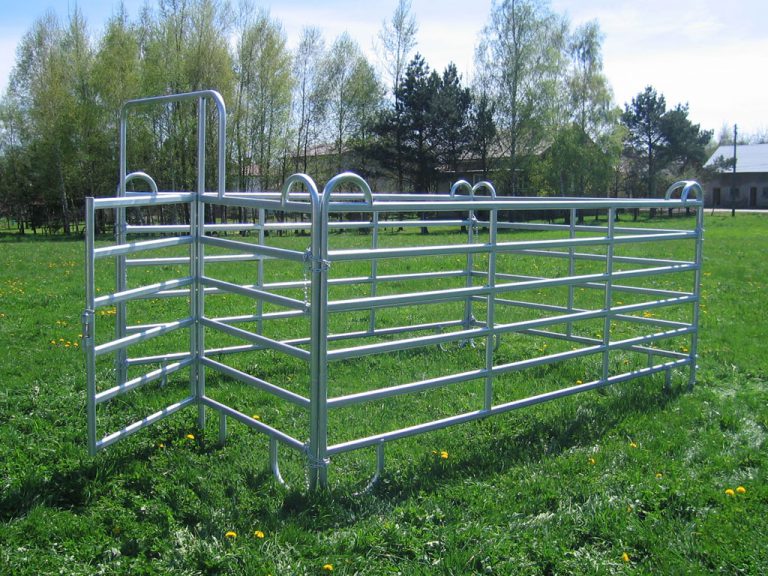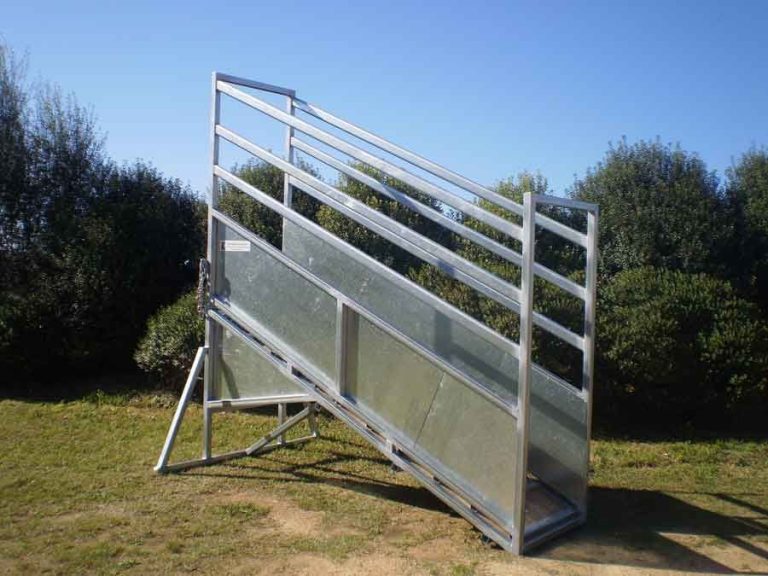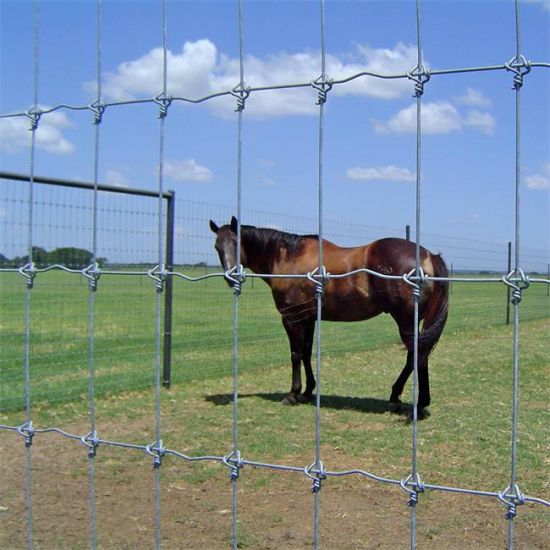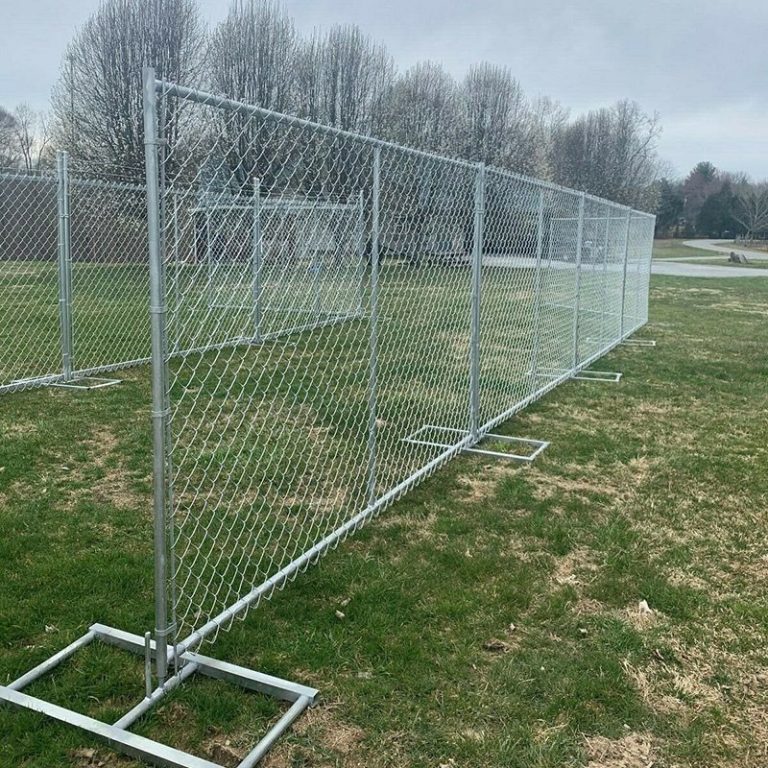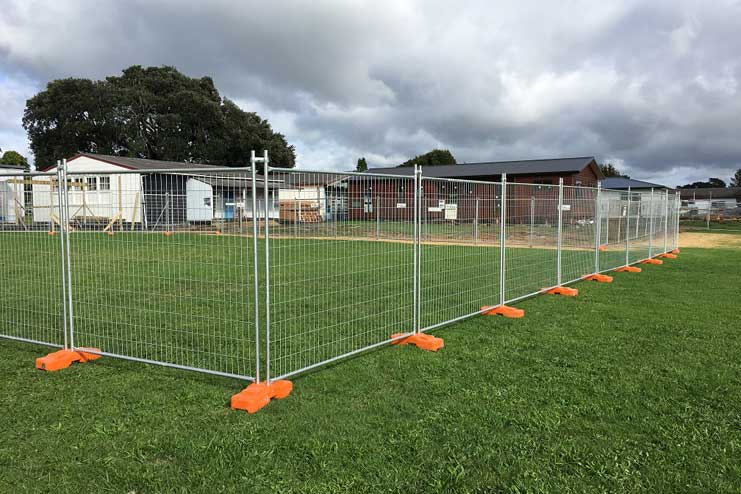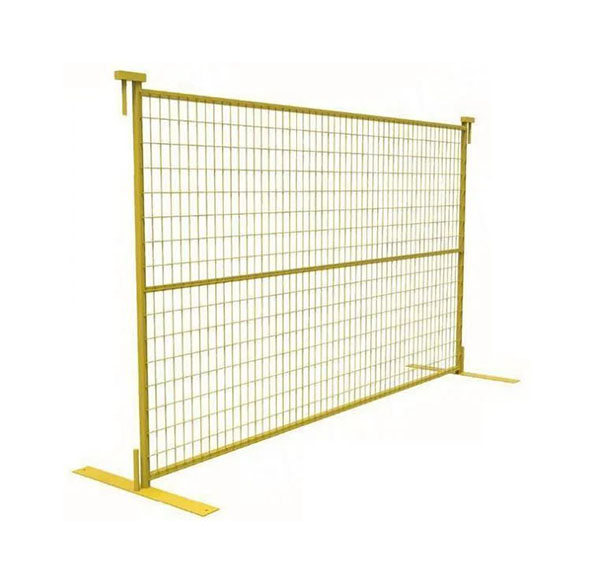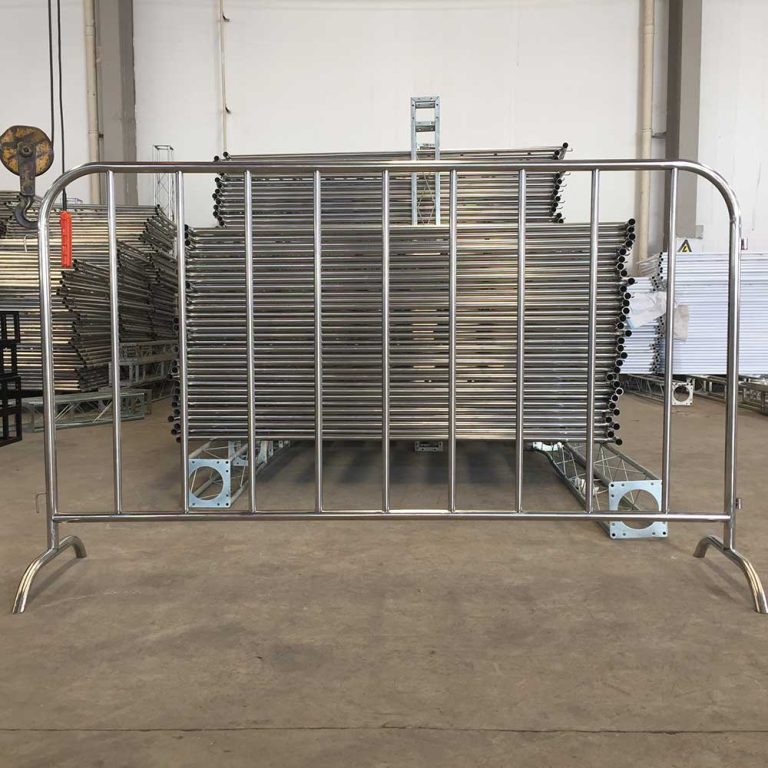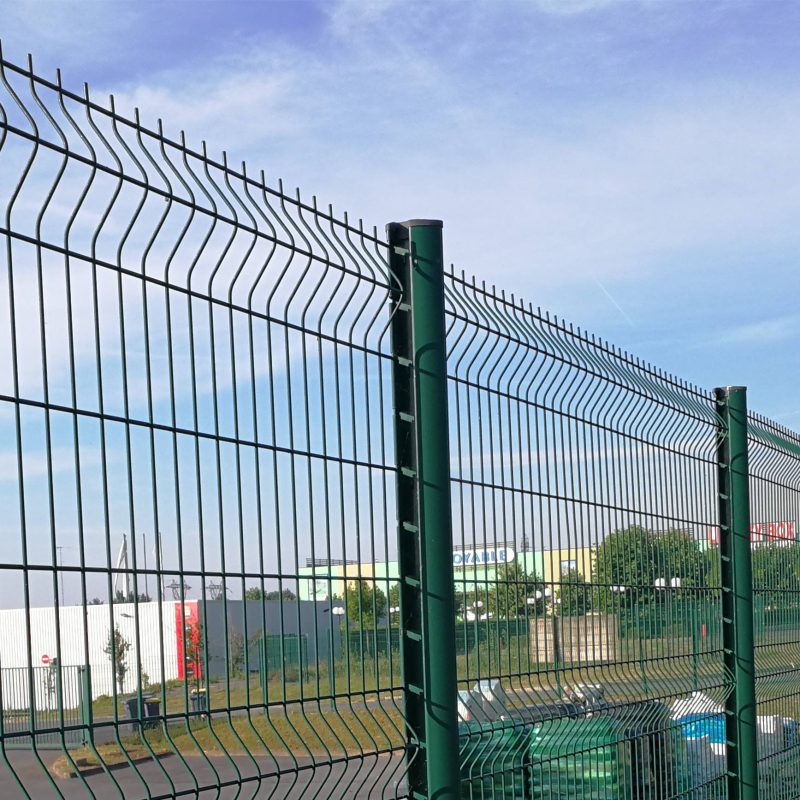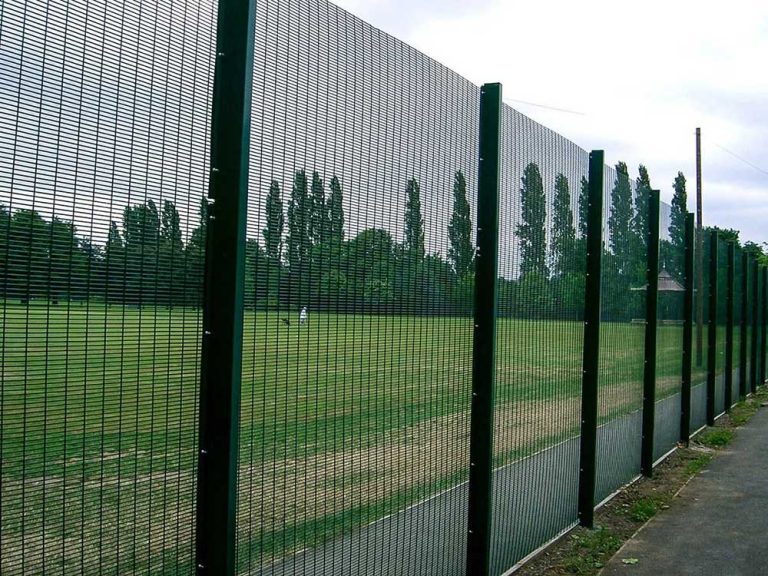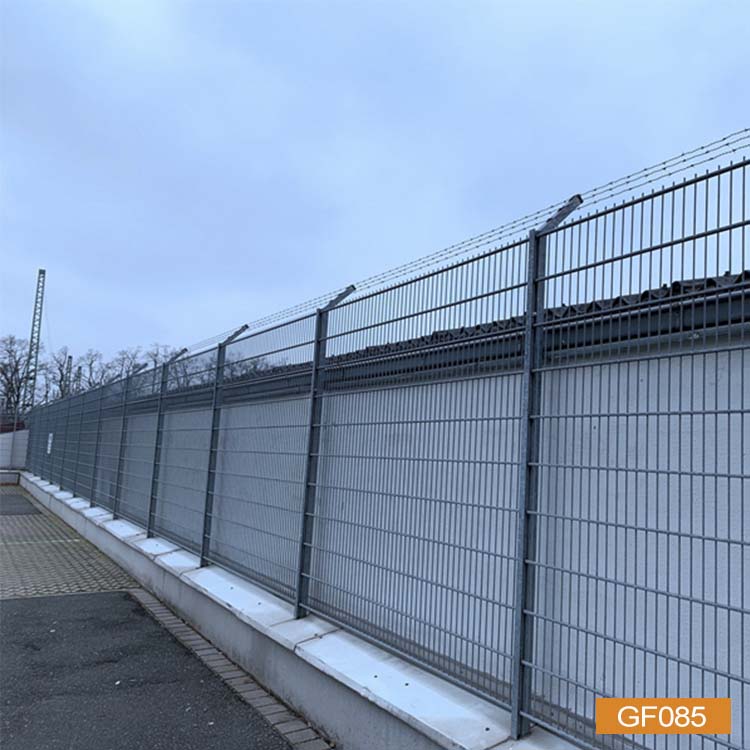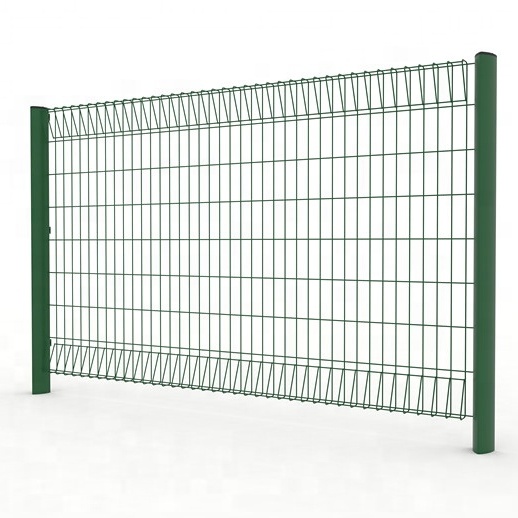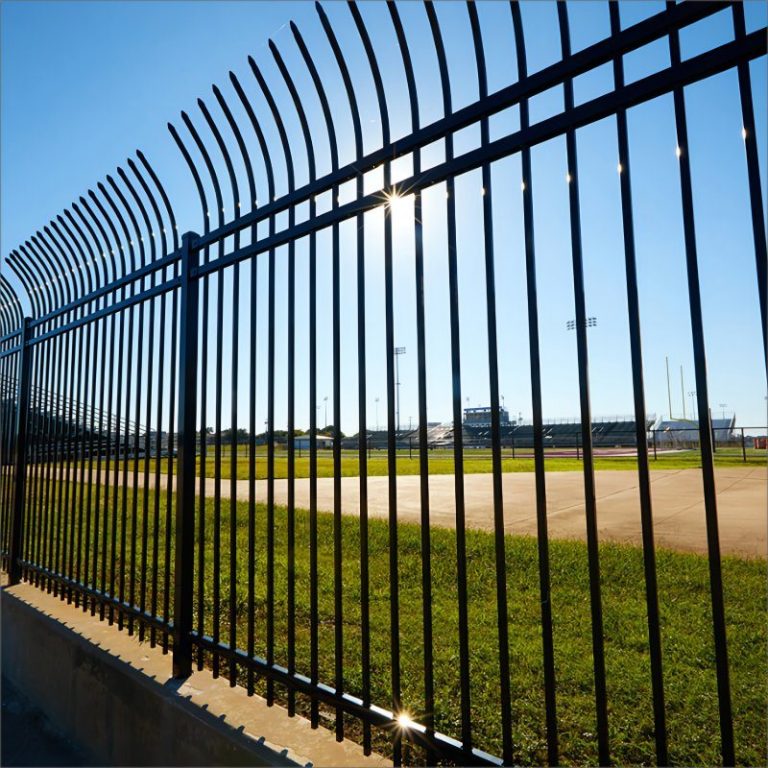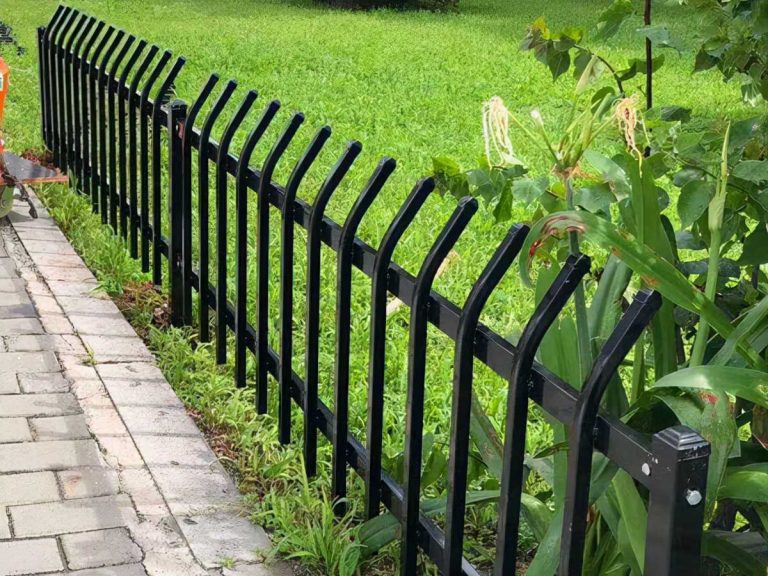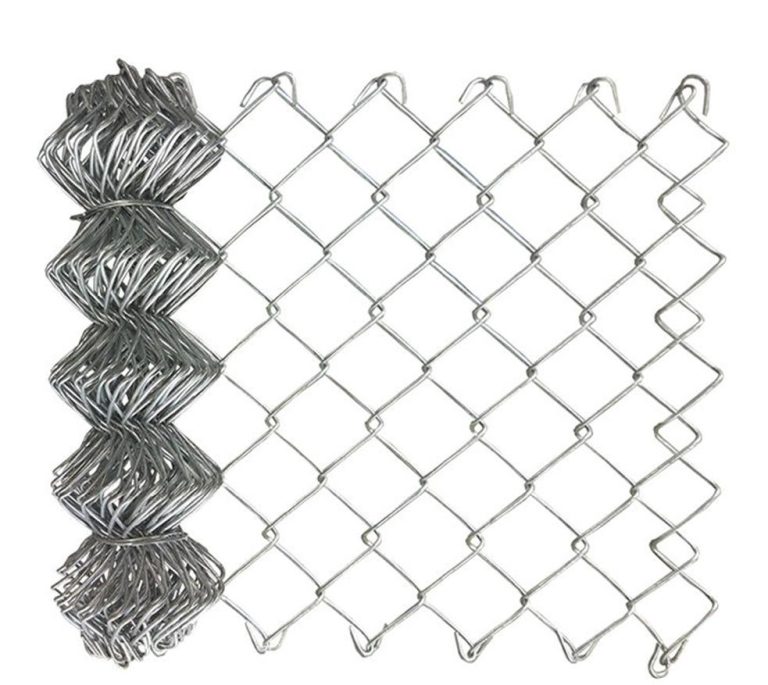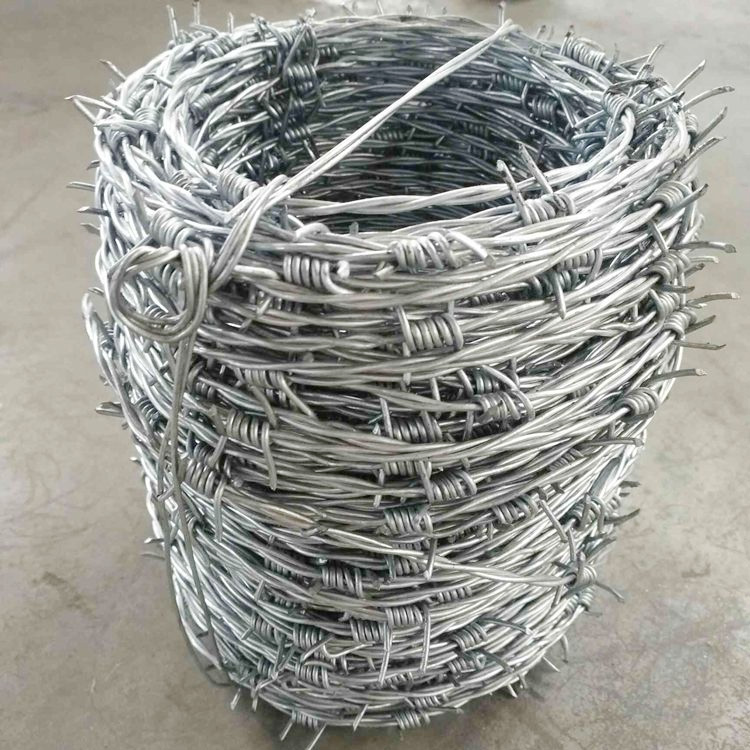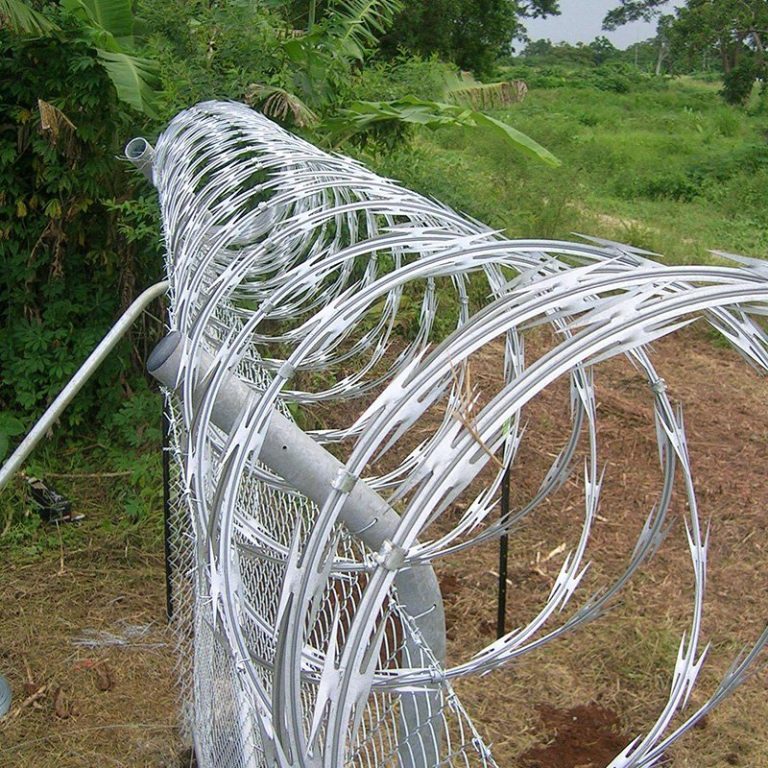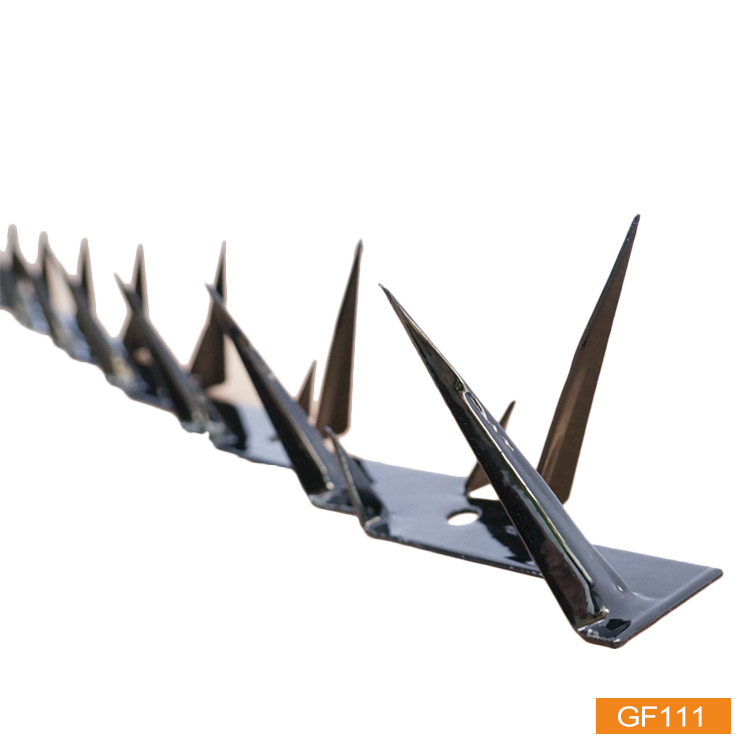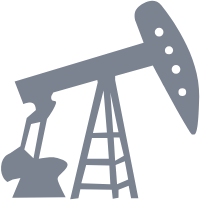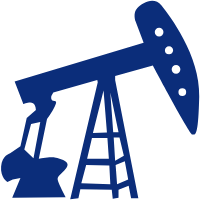Choosing the right fence is one of the most important decisions a farmer can make. The main purpose of farm fencing is to ensure the safety of livestock and protection of crops. Fences keep animals in their correct areas, prevent them from escaping and getting injured, and also keep predators out. With different types of farms, livestock, and land, the ideal fence can vary considerably.
Why does fencing choice matter in farm success?
Farming fencing is a long investment, and good fencing should serve a farm for many years with no major repairs. The specific farming needs would present the appropriate farming fencing solution, whether it is animals, terrain challenges, or even predators. Prudent planning will take these items into consideration with the intent to maximize safety and efficiency on the farm. Investing in quality agricultural fencing ensures that animals do not get hurt by predators and will also be contained within the land.
What Materials Are Used for Farm Fencing?
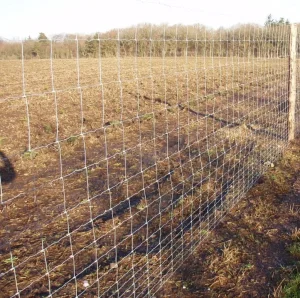
Post and Wire Fencing: The post-and-wire fencing is the most common of all farm fence types and probably the most versatile. The fence type essentially consists of wire attached to timber posts, and there are a number of varieties of wire:
Barbed Wire: Barbed Wire is the cheapest way of restraining livestock; it consists of pointed barbs that hurt animals when trying to cross. Barbed Wire serves well in the enclosure of tame animals in vast areas and is easily breached by forceful ones. Barbed Wire might not be ideal for farms that have animals which can get injured on the sharp edges.
High-Tensile Wire: High-tensile wire is even stronger and is made to last long. It can be electrified to make it more effective and is best for cattle, horses, and bigger paddocks.
Woven Wire Fencing: Woven wire fencing comes in a number of heights and opening sizes to suit a variety of containment needs, depending on the size and type of livestock and the number of animals per acre. It is also suited for keeping pests and predators out of pastures. Galvanized-coated woven wire provides durability against the elements. A single strand of barbed wire is many times used as a top strand to prevent livestock from leaning on the woven wire fence.
Electric Fencing: Electric fences can be installed for many types of livestock. High tensile wire can also be electrified to enhance effectiveness. Electric fences offer greater flexibility and are especially suited to farms practicing rotational grazing.
Wooden Fences: Although this is not very modern when thinking of farm fencing, wood supplies toughness and acts to be moderately durable if appropriately made. Major defects are that timber is prone to decaying and cracked defects, including being always exposed to certain renewal treatments for them, by either staining or repainting about every couple of years. Properly maintained wooden fence can expect about 20 years of endurance.
Vinyl/PVC Fencing: PVC fencing is common for residential properties as it is rot-resistant and never needs to be repainted. However it won’t hold up to large livestock animals. There are some reports of farmers having success filling PVC fencing and tubes with concrete. This is a costly and time-consuming process.
Chain Link Fence:A chain link farm fence is virtually strands of vertical wires of metal linked together. Most chain link fences are very high maintenance and tend to injure the livestock due to higher chances of failure in the fence. While available, this type of farm fence is least recommended.
Other Fencing Options: Other types of farm fences include temporary fencing and field fencing.
What Factors Should I Consider When Choosing Fencing Materials?
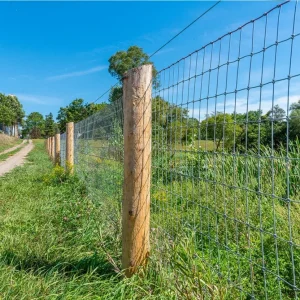
Type of Livestock: Different animals have different fencing needs. Horses may run through or get tangled in some fences, while cattle may try to crawl over them, sheep will try to crawl under, and hogs will root underneath.
Predator Control: With farms having many predators, high tensile electric or woven wire fencing can provide the best protection.
Budget: Depending on the type, the price for fencing is going to change. Price comparison in material and taking the correct measurements can be helpful in realizing how much money is spent. Add this to the price of labor and installation.
Terrain: The size and condition of the property to be enclosed will affect the type and costs of fencing.
Local Laws:The type required should follow the local laws
Maintenance required: whether it is a weatherproofed fence or not is related with the maintenance required from the fence. For example, a wire fence requires less frequently maintenance than that of a wooden fence due to the rot problem.
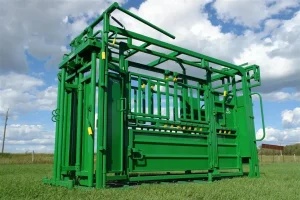
What Are the Different Uses for Farm Fences?
Several uses of farms’ fences exist:
Containment: Farm fences contain the livestock within their area to prevent them from being loose and hurting themselves or other people.
Protection: Farm fences provide protection to your animals and plants against predators, attacks, or even theft.
Division: Farm fences divide the area and increase the beautification and productivity of your farm.
What Specialized Farm Fencing Products Are Available for Farms?
Besides these usual types mentioned above, herein are some of the specialized fencing products available for farms:
Field Fence:A specific product like a field fence is applied to the construction of grassland, and fixed-point grazing; family farm, road block of tourist areas and hunting area; maintenance isolation in construction sites, etc.
Cattle panels: It can also be used as a heavy and versatile option to fence your livestock.
Cattle Chute: Cattle chutes are designed to safely move cattle while protecting both the animal and the farmer.
Cattle Loading Ramp: Cattle loading ramps are used to move cattle in and out of trucks.
Hay Feeders: Hay feeders are used to provide food for livestock while minimizing waste.
Why Should I Plan Before Installing a Farm Fence?
Good fences come from good planning, whether a new fence is being installed or replacing an old one. This involves planning:
Sketch Maps: A sketch map of the farm is helpful in visualizing the lay of the land. An aerial photograph can be useful to show features of the land and existing fences.
Anping JiaHui Wire Mesh Co., LTD: Your Partner in Quality Farm Fencing
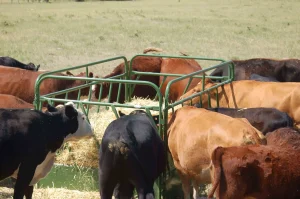
Anping JiaHui Wire Mesh Co., LTD is the largest professional company in production and selling: farm fences, such as cattle panels, field fences, cattle chutes, cattle loading ramps, hay feeders, and also any kind of different sort of fences available in the markets. The motto of quality brings Anping JiaHui wire mesh Co., LTD at your services with reliable and long-lasting fencing solutions against all your farming needs.
Anping JiaHui Wire Mesh Co., LTD provides curved welded fencing, twin wire fencing, and chain link fencing for playing fields to avoid unauthorized entry and control the number of spectators. For more about the best options for your farm, contact +86-159 3112 8950 or info@jhfence.com. Their products fulfill grassland construction needs, fixed-point grazing, family farms, among many agricultural and animal husbandry industries.

